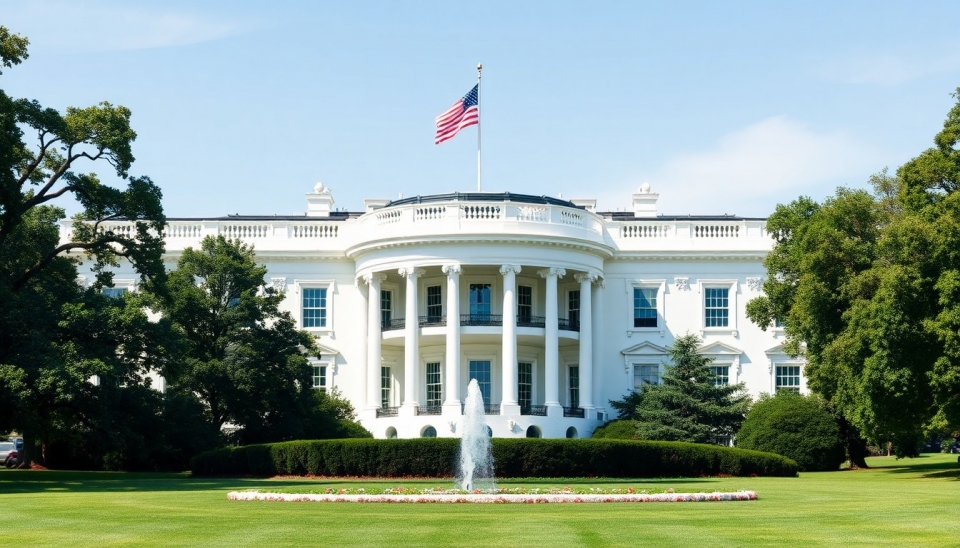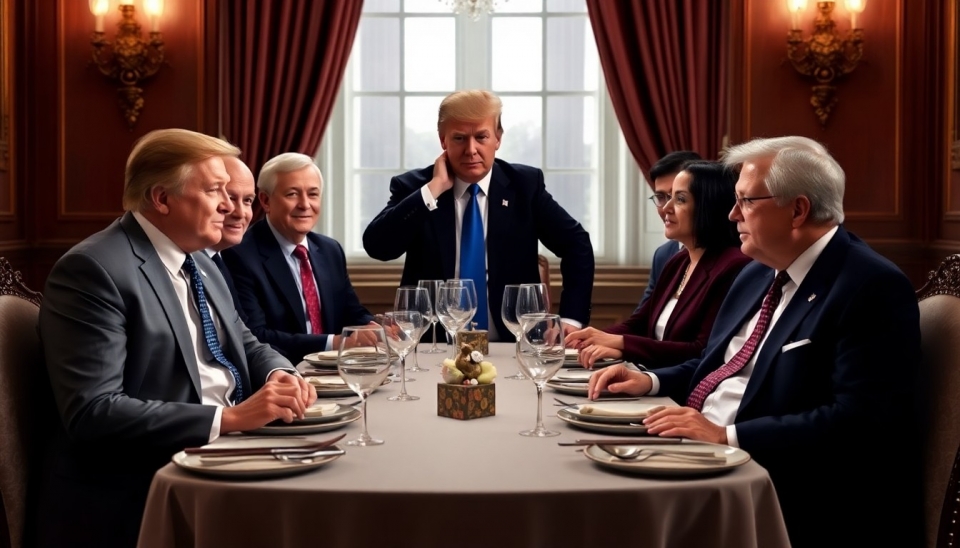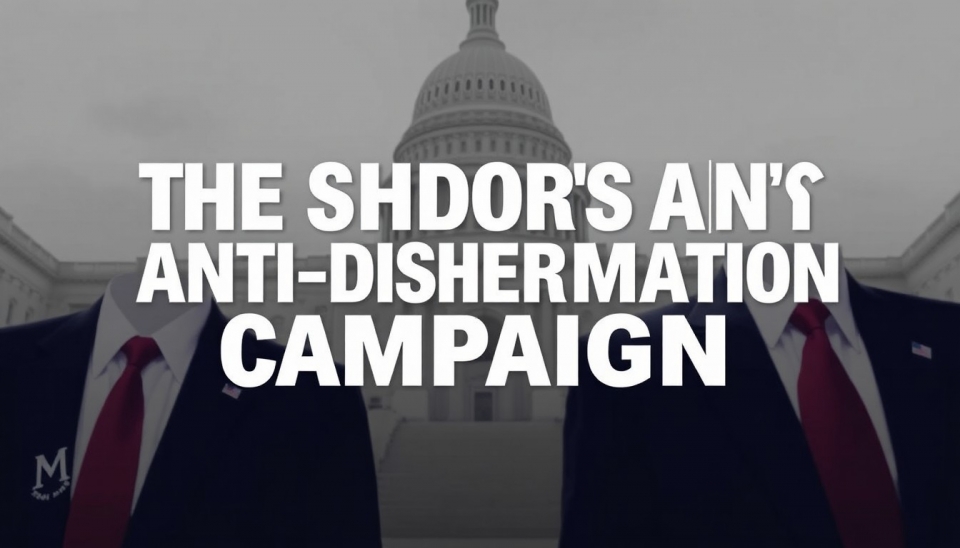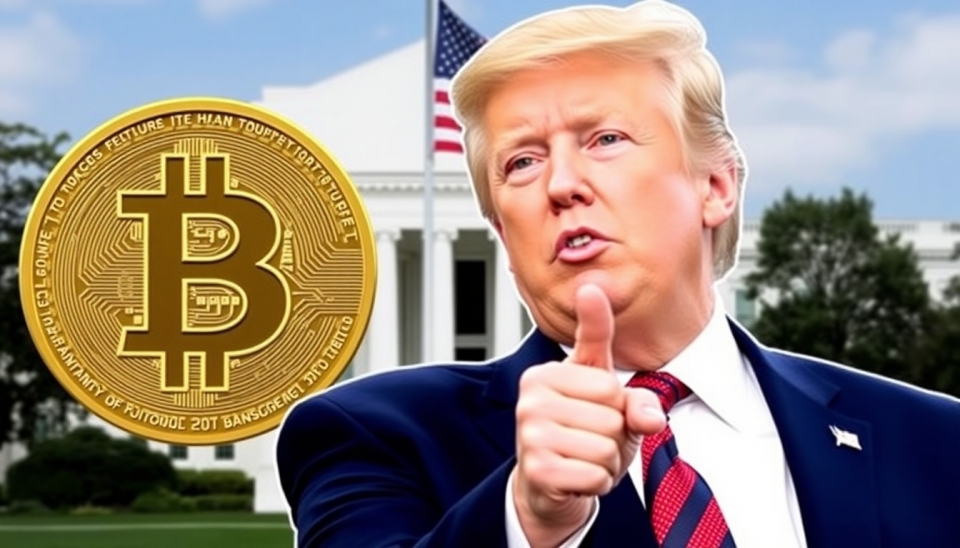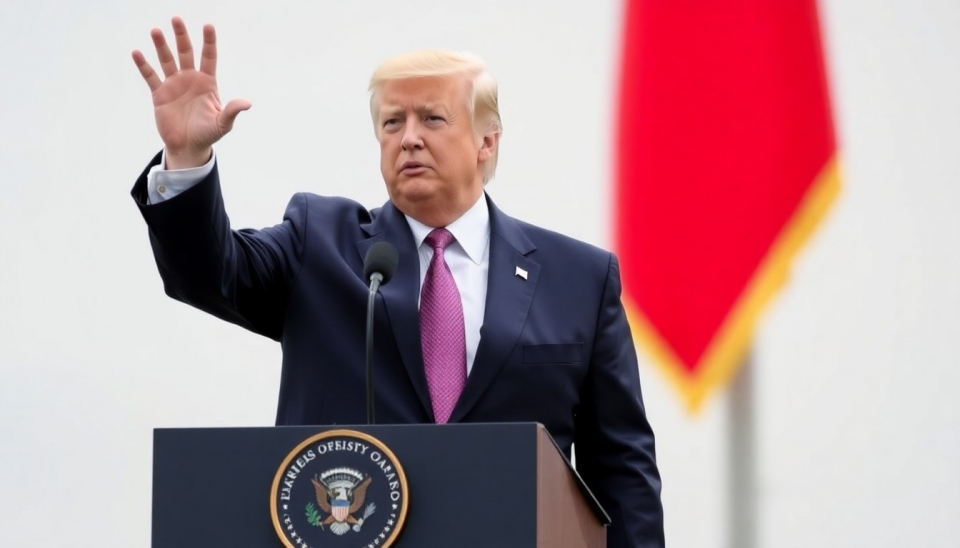
In an unexpected turn of events, former President Donald Trump revealed that he is open to reducing tariffs on Chinese imports as a strategic move to facilitate a deal concerning TikTok, the popular social media platform owned by Chinese company ByteDance. Trump's remarks were highlighted during a recent interview, where he emphasized the need for a mutually beneficial resolution to the ongoing tensions surrounding the app's ownership and operation in the United States.
Trump's proposition to cut tariffs comes amidst a backdrop of escalating trade disputes between the U.S. and China, marking a significant shift in his approach towards economic negotiations. He expressed confidence that by easing tariffs, he could create an environment conducive to a favorable deal that not only protects U.S. interests but also allows TikTok to continue operating within the nation without complications.
During the discussion, Trump underscored his administration's prior measures to restrict Chinese technology companies, particularly in light of national security concerns linked to data privacy and user information. He noted, however, that reaching a consensus could outweigh these considerations if it meant safeguarding American jobs and maintaining consumer access to the social media platform.
Trump's strategic approach has garnered attention as lawmakers and industry leaders continue to grapple with the complexities of TikTok's ownership. The app, which has grown exponentially in popularity, has faced scrutiny over allegations of data misuse and its ties to the Chinese government, stirring fears among U.S. officials regarding user data safety.
As negotiations evolve, the prospect of reducing tariffs emerges as a potential bargaining chip not just for reaching an agreement on TikTok, but also for thawing the chilling economic relationship between the two superpowers. Trump's declaration suggests that he is willing to reconsider longstanding economic policies in an effort to adapt to the ever-changing landscape of international trade and technology.
While this idea of tariff cuts might resonate with some sectors looking for relief from high costs, critics caution against the implications of that strategy, urging a more cautious approach given the sensitive nature of U.S.-China relations. The ramifications of any agreements reached could have lasting influences on not only tariffs but also broader economic policies moving forward.
As the situation tends to shift rapidly, both political analysts and business leaders will be keeping a close eye on how these discussions unfold. The potential deal with TikTok could redefine not just the app's future in America, but also the broader economic engagements between the United States and China.
In light of Trump's recent comments, stakeholders from various sectors are encouraged to be prepared for possible changes that could impact investments, consumer behavior, and technological collaborations in the near future.
With tensions still simmering, the prospect of reaching a comprehensive agreement that benefits both countries remains uncertain. However, Trump's willingness to entertain tariff reductions signals a possible pathway towards reconciliation and operational stability for TikTok in the U.S.
#Trump #TikTok #China #Tariffs #USChinaRelations #SocialMedia #ByteDance #TradePolicy #NationalSecurity #Economy
Author: Emily Collins
